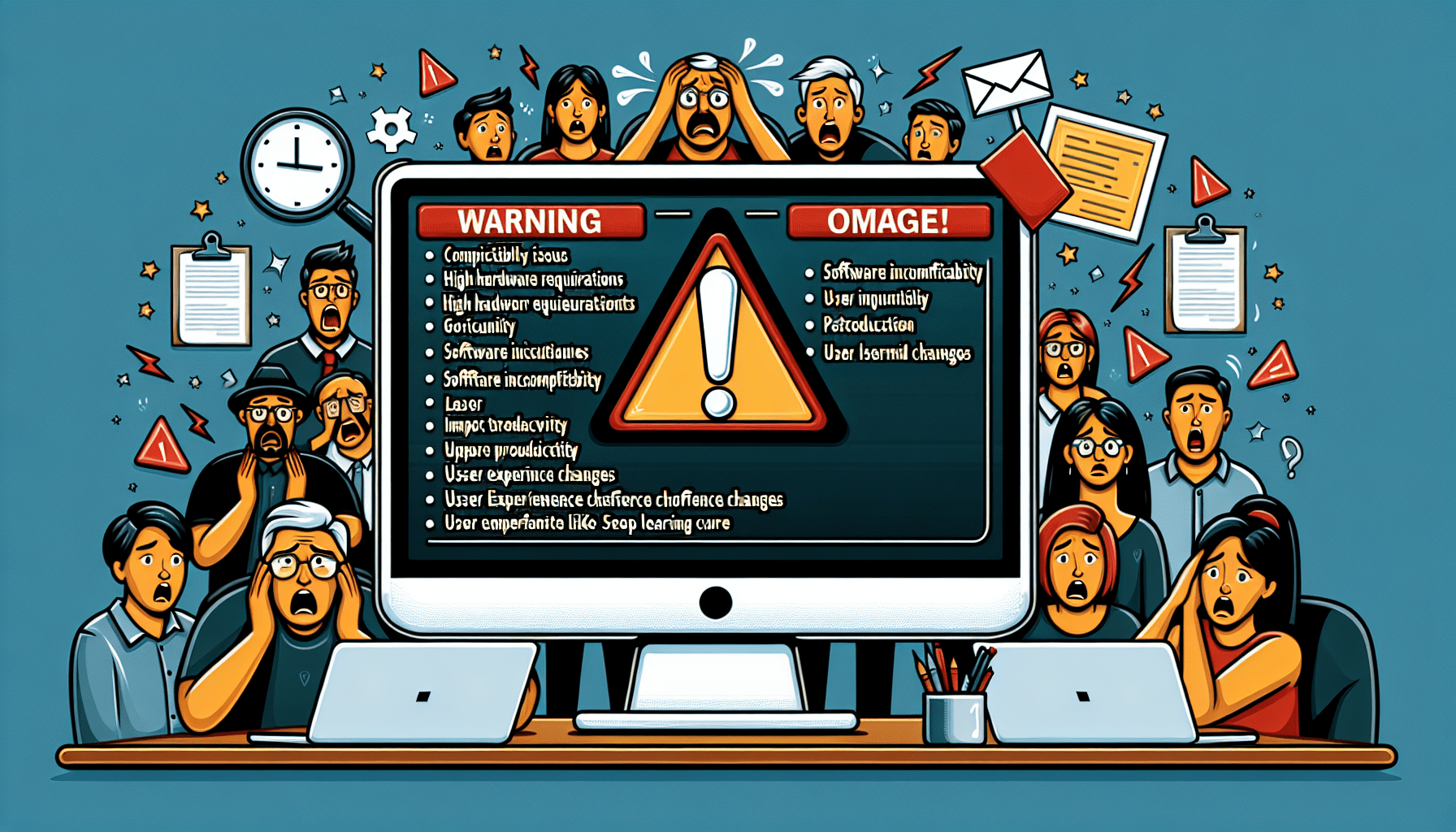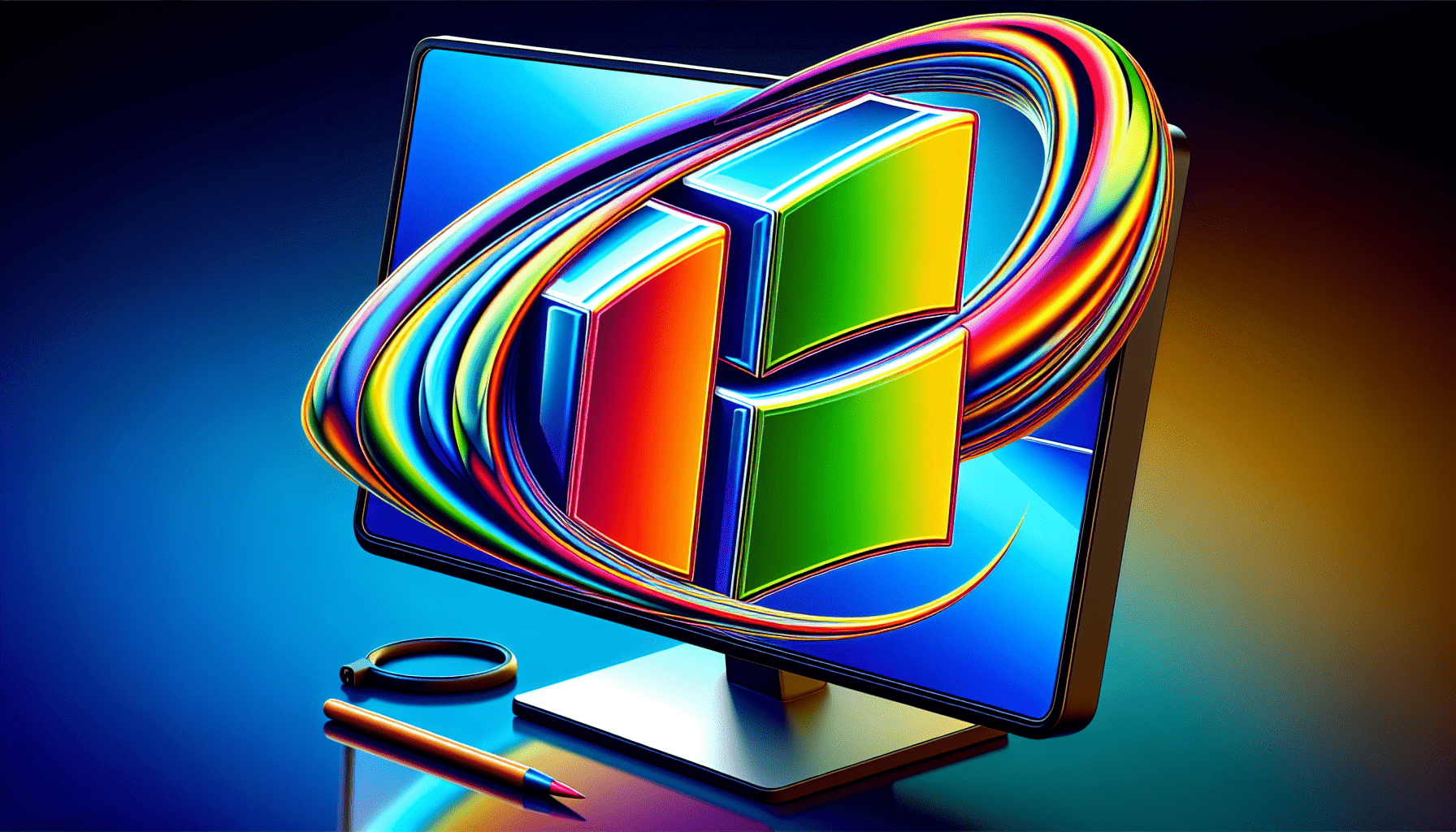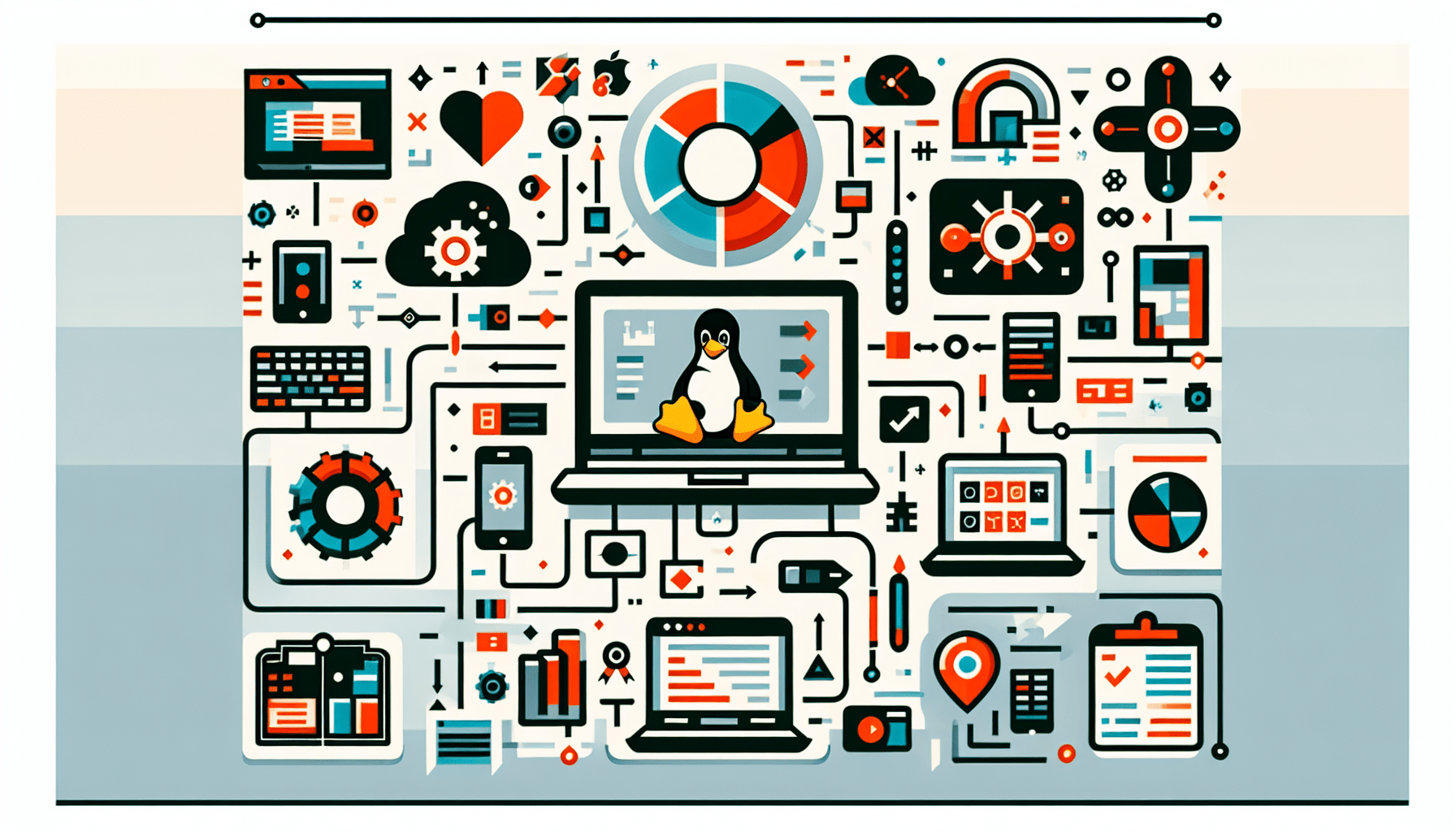







Are you unsure of which cleaning solution to use on your laptop screen? Keeping your laptop screen clean is essential for optimal visibility and performance. However, using the wrong cleaning solution can damage the screen and affect its functionality. In this article, you will discover the safest cleaning solution to use on your laptop screen, ensuring its longevity and pristine appearance. Say goodbye to smudges and fingerprints, and hello to a crystal-clear, spotless display.
Understanding the Sensitivity of Laptop Screens
Laptop screens are made with different materials that require specific care and cleaning solutions. Understanding the sensitivity of these screens is important to prevent damage and maintain the clarity of your display.
Different materials of laptop screens
Laptop screens are typically made with LCD (liquid crystal display) technology, which consists of layers of materials that work together to produce images. The top layer is usually a protective glass or plastic panel, followed by a layer of liquid crystals, and then a backlight. Some laptops also have touchscreen capabilities, which include an additional layer of sensors.
Why laptop screens require specific cleaning solutions
The materials used in laptop screens can be sensitive to certain chemicals and cleaning methods. Harsh cleaning solutions can damage the protective layer and cause permanent scratches or discoloration. Water and soap, although seemingly harmless, can also pose issues as they can leave behind streaks or damage the screen if excessive moisture seeps into the internal components.
Why Not All Cleaning Solutions are Suitable
It is essential to avoid using harsh cleaning solutions on laptop screens due to the potential negative effects they can have.
Negative effects of using harsh cleaning solutions
Harsh cleaning solutions, such as ammonia-based cleaners or abrasive chemicals, can strip away the protective coating on laptop screens. This coating helps to reduce glare and improve visibility. Without the protective layer, the screen becomes more susceptible to scratches, smudges, and fingerprints, which can impair your overall viewing experience.
Problems with using water and soap
While water and soap may seem like a safe and accessible option, it is important to exercise caution when using them to clean laptop screens. Excessive moisture can seep into the edges of the screen, potentially causing damage to the internal components. Additionally, soap can leave behind residue and streaks, further diminishing the screen’s clarity.
Types of Safe Cleaning Solutions for Laptop Screens
To ensure the safety and longevity of your laptop screen, there are several safe cleaning solutions you can use.
Distilled water
Distilled water is one of the safest and most accessible options for cleaning laptop screens. It is free from impurities and minerals that can leave behind streaks or potentially damage the screen. Using distilled water minimizes the risk of moisture seeping into the internal components, making it a reliable choice for regular screen cleaning.
Vinegar-based solutions
A vinegar-based solution can also be used to clean laptop screens effectively. By mixing distilled water with a small amount of white vinegar, you can create a gentle cleaning solution that helps remove smudges and fingerprints. Vinegar’s acidic properties can help break down oils and grime without causing damage to the screen. However, it is important to dilute the vinegar properly to avoid any potential negative effects.
Commercially available screen cleaners
Many manufacturers and electronics stores offer commercially available screen cleaners specifically designed for cleaning laptop screens. These cleaners are formulated to safely remove marks, smudges, and fingerprints without causing any harm. They often come in convenient spray bottles or wipes, making them easy to use and store. However, it is essential to read and follow the manufacturer’s instructions to ensure proper and safe usage.
Using Distilled Water for Screen Cleaning
Distilled water is a reliable and safe option for cleaning laptop screens. Here’s how you can effectively use distilled water for screen cleaning:
- Start by turning off your laptop and unplugging it from any power source.
- Dampen a lint-free microfiber cloth with a small amount of distilled water. Ensure that the cloth is not dripping wet.
- Gently wipe the screen in a circular motion, applying light pressure. Avoid pressing too hard, as excessive pressure can damage the screen.
- If there are stubborn smudges or fingerprints, dampen the cloth slightly more with distilled water and repeat the process.
- Allow the screen to air dry before turning your laptop back on.
By following these simple steps, you can effectively clean your laptop screen without the risk of damaging it.
Vinegar-Based Cleaning Solutions
Creating a vinegar-based solution for laptop screen cleaning is simple and effective:
- Mix equal parts of distilled water and white vinegar in a spray bottle or container.
- Shake the mixture gently to ensure the ingredients are well blended.
- Dampen a soft lint-free cloth or microfiber cloth with the vinegar-based solution. Make sure the cloth is not excessively wet.
- Wipe the screen gently in a circular motion, applying light pressure.
- For tougher stains or smudges, you can directly spray a small amount of the solution onto the cloth and then clean the affected area.
- Afterward, use a clean, dry cloth or allow the screen to air dry before powering on your laptop.
Remember, using the vinegar-based solution sparingly is crucial to prevent any potential adverse effects on the screen.
Commercial Screen Cleaners
Commercial screen cleaners are designed to provide effective and safe cleaning for laptop screens. Here are some benefits and potential drawbacks of using them:
Benefits of commercial screen cleaners
- Specifically formulated for delicate screens: Commercial screen cleaners are designed to be safe for use on laptop screens. They are formulated to remove smudges, fingerprints, and dirt without causing any damage.
- Convenience: Commercial screen cleaners often come in user-friendly packaging, such as spray bottles or pre-moistened wipes, making them convenient to use.
- Portability: Most commercially available screen cleaners are travel-friendly, allowing you to clean your screen on-the-go.
Potential drawbacks of commercial screen cleaners
- Cost: Commercial screen cleaners can be more expensive compared to DIY solutions like distilled water or vinegar-based solutions.
- Dependency on the product: Using commercial screen cleaners regularly may create a dependency on the specific brand or product. This can lead to a reliance on the cleaner and potentially neglecting other safe cleaning methods.
When using commercial screen cleaners, make sure to carefully read and follow the instructions provided by the manufacturer to ensure safe and effective usage.
Recommended Cleaning Techniques for Laptop Screens
To achieve optimal results and prevent any damage, here are some recommended cleaning techniques for laptop screens:
Using a microfiber cloth
Microfiber cloths are excellent for cleaning laptop screens as they are soft, lint-free, and non-abrasive. Using a microfiber cloth ensures that no particles or fibers scratch the screen, maintaining its clarity.
Spraying solution onto the cloth, not the screen
Whether using a homemade solution or a commercial cleaner, it is best to spray it onto the cleaning cloth or microfiber cloth rather than directly onto the screen. This prevents excessive moisture from seeping into the edges of the screen and potentially causing damage.
Cleaning in a circular motion
When wiping the screen, use gentle circular motions to remove smudges, fingerprints, and dirt. This technique helps to distribute the cleaning solution evenly and prevents streaks or patches.
Common Mistakes to Avoid When Cleaning Laptop Screens
While cleaning your laptop screen, there are some common mistakes that you should avoid to prevent any damage:
Using too much solution
Using excessive amounts of cleaning solution can lead to the liquid seeping into the edges of the screen and potentially damaging the internal components. Remember to use only enough solution to dampen the cloth, ensuring it is not dripping wet.
Wiping too hard
Applying too much pressure while wiping the screen can cause scratches or damage the delicate surface of the screen. Be gentle and use light pressure when cleaning to avoid any unintended damage.
Using abrasive materials
Avoid using abrasive materials, such as paper towels or rough cloths, as they can scratch the screen. Stick to soft microfiber cloths or lint-free cleaning cloths to ensure a safe and gentle cleaning experience.
Maintaining a Clean Laptop Screen
Regular cleaning and proper maintenance can help keep your laptop screen in pristine condition. Consider the following tips:
Regular cleaning schedules
Establishing a regular cleaning schedule can help prevent the buildup of smudges, fingerprints, and dirt on your laptop screen. By incorporating screen cleaning into your routine, you can maintain a clear display and reduce the need for more intensive cleaning methods.
Preventive measures to keep screen clean
Taking preventive measures can minimize the need for frequent cleaning. Avoid eating or drinking near your laptop, as spills and food particles can damage the screen. Additionally, ensure your hands are clean before using the laptop to minimize the transfer of oils and dirt onto the screen.
Using screen protectors
Consider using a screen protector to provide an additional layer of protection for your laptop screen. Screen protectors can help guard against scratches, smudges, and fingerprints, making it easier to clean and maintain the screen’s clarity.
Professional Screen Cleaning Services
In some cases, it may be necessary to seek professional screen cleaning services to ensure the best possible results.
When to consider professional cleaning
If your laptop screen has significant damage, stubborn marks, or if you are uncertain about the appropriate cleaning method, it may be best to seek professional help. Professional screen cleaning services have the knowledge, expertise, and specialized equipment to handle delicate screens without causing any harm.
Costs associated with professional cleaning
The costs of professional screen cleaning services can vary depending on factors such as the location, service provider, and the extent of the cleaning required. It is recommended to inquire about pricing and services beforehand to ensure it fits within your budget.
In conclusion, understanding the sensitivity of laptop screens and using suitable cleaning solutions is vital to maintain the clarity and longevity of your display. By following the recommended cleaning techniques and avoiding common mistakes, you can ensure a clean and well-maintained laptop screen that enhances your overall viewing experience.





